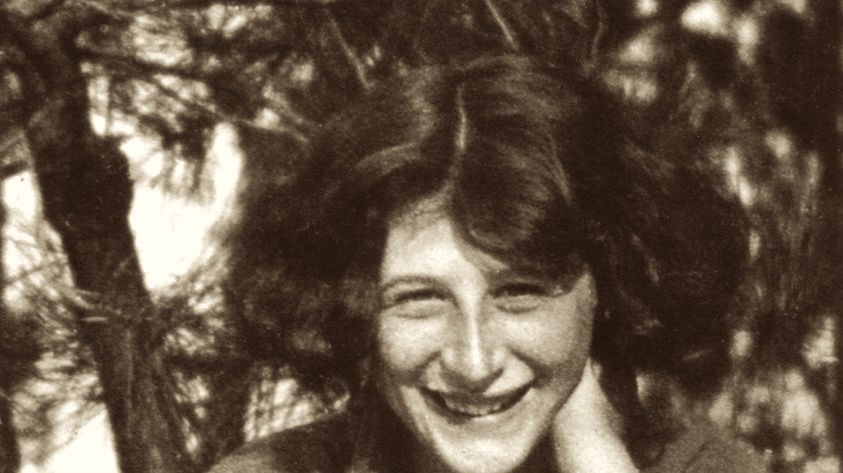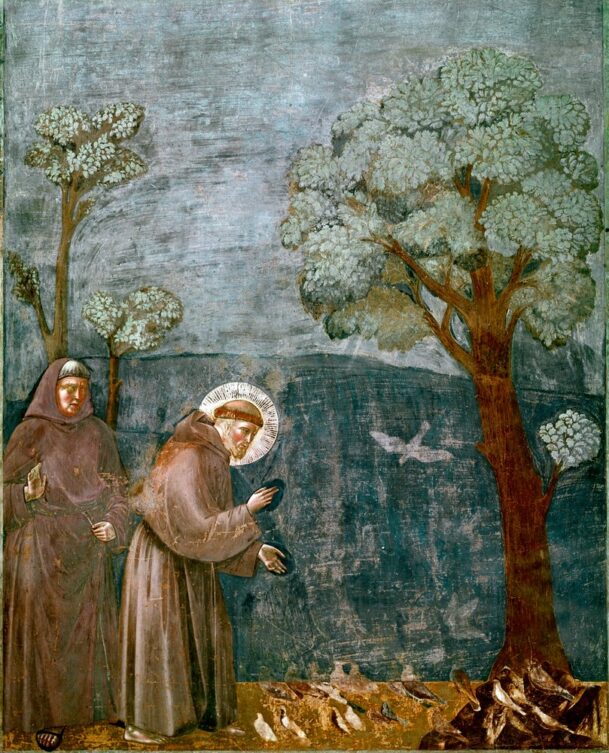
“It is human affliction and not pleasure which contains the secret of the divine wisdom. In general, we must not wish for the disappearance of any of our troubles, but grace to transform them. For men of courage, sufferings are often a test of endurance and of strength of soul. ”
The French philosopher and social activist Simone Weil (1909-1943) who lived in the midst of the world wars in Europe was described by many as a saint-like personality. Learned in ancient Greek, Latin and Sanskrit, she studied the sacred texts of the major religions and encountered mystical love during her visit to Saint Francis of Assisi in Italy. She began working as a teacher at the age of 22. Then she would make a revolutionary choice to work in a car factory for one year to understand the misery of the workers’ life.

Despite the incessant health problems she had to bear, she strived to implement her convictions and philosophy for the most part of her short life. Her quest was to find meaning in the sufferings and to rise like a rose from the ashes once again, as Rumi described it in all its grandeur. Ultimately, she wished to have a life well lived worthy of a true human being.
Her search of the inner self, the spirit that is free of dogmas guided her in amassing mystical knowledge from the sacred texts of the major religions. The depth of her inner experiences and knowledge of the soul was reflected in her essays and letters, which were only to be published after her death.
In the march of time, her sagacity, humanism and her pursuit for the love of Truth attracted increasing wonder and respect for her works. The way she lived in a scrupulously consistent manner with her philosophical and spiritual convictions is foremost astounding about her resolute personality.
Avoiding all kinds of recognition and applaud, Simone Weil spent her final years in solitude, compiling notes on her revelatory self-discoveries, which, in all humility, she would not even consider publishing.
She died at the age of 34 in a sanatorium after suffering from intolerable pains due to chronic lung and cardiac problems. It was at that time she described human suffering, which would later be published as her famous book Gravity and Grace :
In general, we must not wish for the disappearance of any of our troubles, but grace to transform them. For men of courage sufferings are often a test of endurance and of strength of soul. But there is a better use to be made of them.
Suffering has a transformative power through which the subject can become apt to receive the new “teaching” and reach the stage of “knowing,” which is essential to transform the substance of one’s soul towards “maturity”.
It is human affliction and not pleasure which contains the secret of the divine wisdom.
Though human beings are pleasure-seeking by nature, and temperate pleasure has mending effects on the psyche, yet it is through vicissitudes of life one can reach wisdom.
On the human nature of avoiding suffering and seeking pleasure she wrote:
By nature, we fly from suffering and seek pleasure. It is for this reason alone that joy serves as an image for good and pain for evil. Hence the imagery of paradise and hell. But as a matter of fact, pleasure and pain are inseparable companions. It is not that joy and sorrow are opposed to each other, but the varieties within the one and the other. There are an infernal joy and pain, a healing joy and pain, a celestial joy and pain.
She distinguishes the “infernal” pleasure as the type of pleasure belonging to the illusory and ephemeral world, and which she defines as vain and fleeting.
Pleasure-seeking in search for an artificial paradise, an intoxication, an enlargement is vain. Only the contemplation of our limitations and our suffering puts us on a higher plane for therein one can become truly humble deep inside. Whosoever humbles himself shall be exalted. The upward movement in us is vain if it does not come from a downward movement.
Self-knowledge is only possible with pure attention –by turning one’s gaze inside, empty of vanity and demands of the ego.
To be attentive, our thought should be empty, waiting, not seeking anything, but ready to receive in its naked truth…
“Attention” is fundamental to discern and comprehend the truth, in fact, it is the essence of all knowledge. She defines it :
Attention is the rarest and purest form of energy.
Such introspective work has a sort of transcendent quality which surpasses the ordinary self, confined in the ego. It engenders a state of humility in the face of the truth and one’s spirit is exalted in divine love :
Attention at its highest level is the same as prayer. It supposes faith and love.
Duygu Bruce







